Editor's Note:
The "First Episode" series is here to help everyone catch up on the latest shows. Are the newly premiered dramas worth your time? Let’s take a look at the intriguing and quirky ones.
Some shows may gradually improve, while others might start strong and then falter. Therefore, this article only represents the author's views on the first few episodes, intended for reference. If we encounter any discrepancies later, we’ll be sure to inform everyone.
The Tale of Liu Zhou
Platform: Tencent Video
Premiere Date: August 12
As a summer sweet and fluffy historical drama, The Tale of Liu Zhou is quite competent and even has significant advantages.

The Tale of Liu Zhou has a site popularity exceeding 26,000
The story has a strong online vibe, opening with a pair of faceless newlyweds—the scheming prince pretending to marry the amnesiac wife of an enemy. At home, he plays a weak and pampered husband, but in public, he wields military power as a true prince, creating a stark contrast. The comedic scenes are plentiful, and Zhang Wanyi’s acting and charisma further enhance this contrast.

Zhang Wanyi as Cui Xingzhou
From what has aired so far, both Zhang Wanyi and Wang Churan have portrayed their characters well. Zhang Wanyi adopts a light, breezy acting style that avoids forced humor or excessive scheming. Compared to the typical performance styles suited for short video dissemination, his subtlety is quite refreshing.
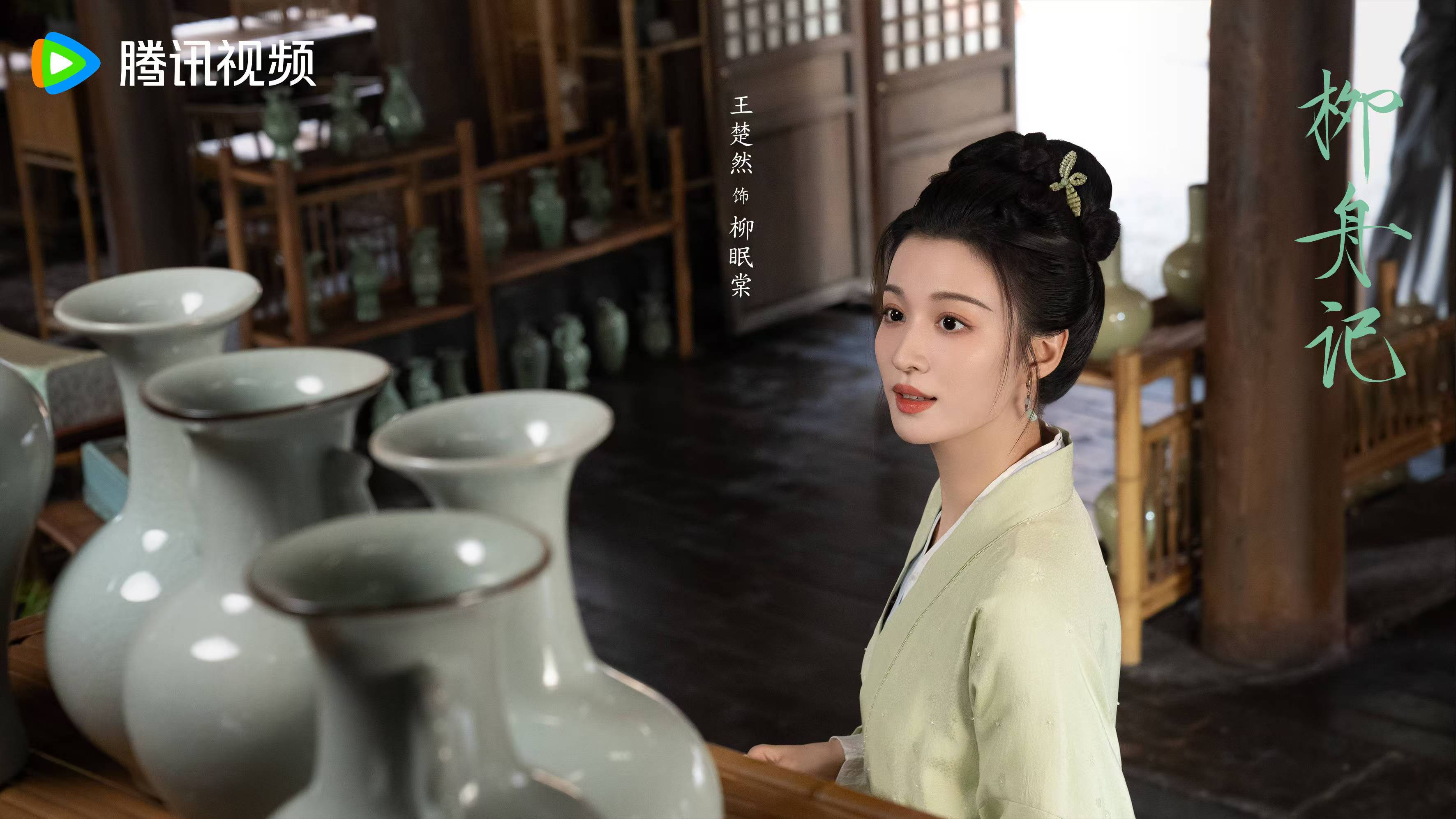
Wang Churan as Liu Miantang
Wang Churan’s character initially has less to do; she simply needs to play the supportive wife while balancing her role as a savvy businesswoman outside the home, ultimately portraying a gentle and charming spouse, fulfilling the emotional needs of the narrative. Their everyday interactions offer delightful entertainment.

The male lead often teeters on the edge of “revelation”
However, relying solely on a single trick won't suffice; the current content largely hinges on Wang Churan nearly uncovering the true identity of the prince or Zhang Wanyi’s faux husband genuinely feeling jealous. This formula can become exhausting after a while, and the series needs to introduce some substantial content to retain viewers.
Past Waters
Platform: Youku
Premiere Date: August 16
This year, Youku's major offering in the suspense genre, directed and written by the director of Beginning, featuring a cast that includes Wu Zhenyu, Guo Qilin, and Wang Xun, with a cameo by Jiang Qiming.

Past Waters has a site popularity exceeding 80,000
The plot unfolds in the Golden Triangle region, following the survival story of a young man named Shen Xing in a perilous foreign land. Before watching, viewers should consider whether they appreciate dramas with male protagonists, featuring combat, gang involvement, murder, smuggling, and dark themes, because this show has very distinct characteristics. Fans of these themes might find it fascinating, while those who don’t engage with them may want to hold off.

Wu Zhenyu as Uncle Cai
Returning to the series, generally speaking, after getting through the first hour, the storyline logic and excitement levels do not disappoint. To clarify Shen Xing's motivations, the director takes about an hour to set up the backstory, detailing his arrival at his uncle's construction site, his uncle's disappearance, and being pursued for debts, whereby he gets unwittingly embroiled in the power struggles in the Sanbianpo area as an everyday person caught in events.
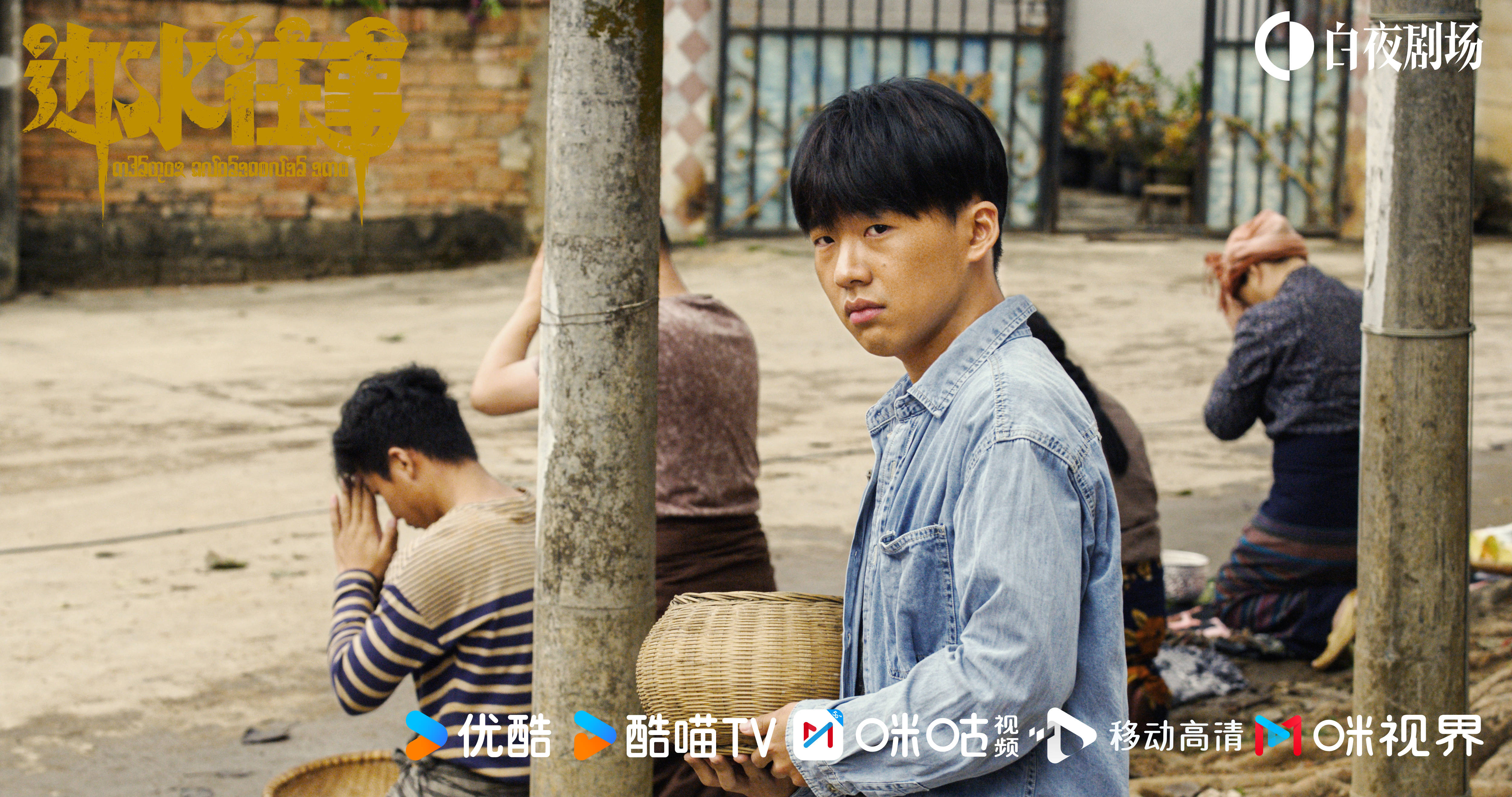
Guo Qilin as Shen Xing
Guo Qilin is indeed well-suited for this role; Shen Xing is not a superhero wannabe, but rather a slightly timid yet stubborn ordinary kid. It is possible that due to his acting, he does not fully convey the character's internal struggles; once he is genuinely caught up in the conflicts, he serves merely as a plot propeller, with most of the drama revolving around the competing forces in the Sanbianpo region.


Frequent fights and shootings
Among similar genres, Past Waters is well-produced, capturing the feeling of danger and excitement of a foreign land effectively. From the music to the editing, everything revolves around a Southeast Asian crime atmosphere, with smuggling, murder, quarrying, and robbery occurring at lightning speed.
Prosecutors from the Ninth Division
Platform: iQIYI
Premiere Date: August 14
As the first drama addressing juvenile crime issues, I had high expectations, especially with a strong cast including Xu Fan, Zhang Yi, Qin Lan, and Wang Zhen’er. After watching, I can't say I was disappointed, but it didn’t meet my expectations.

Prosecutors from the Ninth Division poster
The story begins with Lei Xu (played by Zhang Yi) being assigned as the head prosecutor in the city’s juvenile crime department due to a work error. In the first three episodes, he faces career setbacks and exclusion from his new department, with juvenile cases only starting to emerge from the fourth episode onward. The cases touch on hot societal topics like school bullying, runaways, and sexual assault, yet the script handles these matters too superficially, skimming the surface.
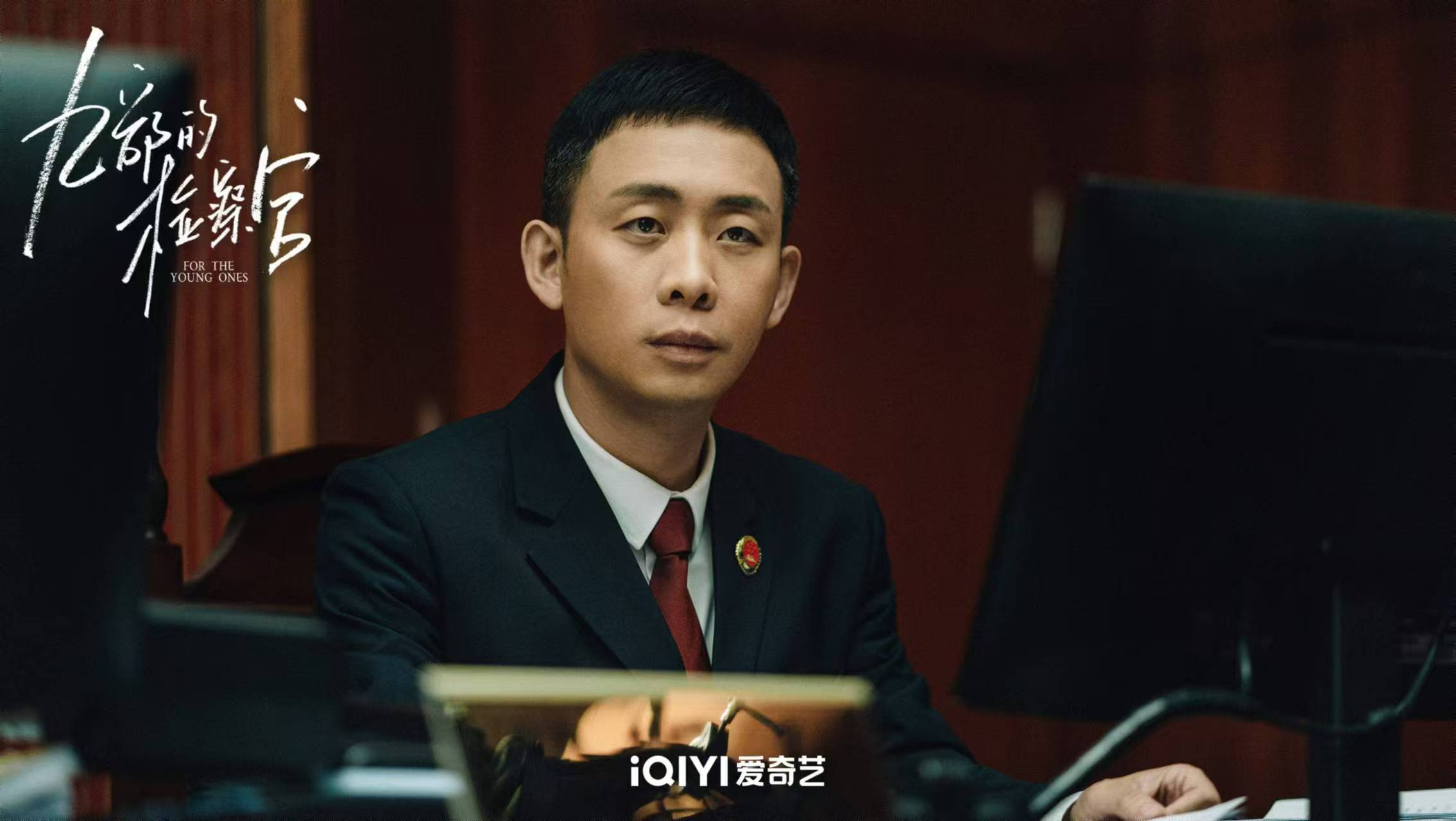
Zhang Yi as Lei Xu
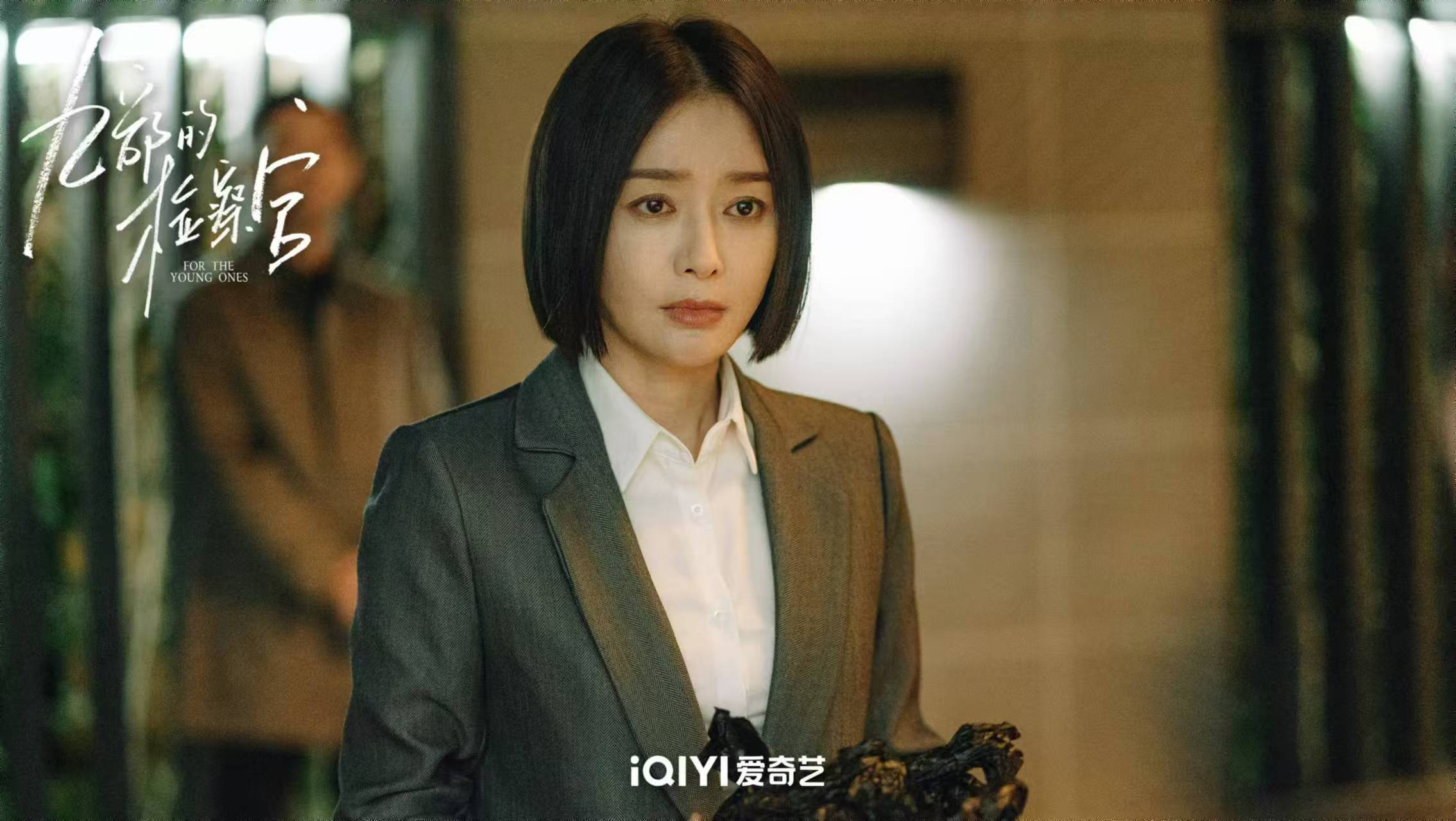
Qin Lan as Du Ziyu
Girl named Jiang Xiaojie, over-controlled by her mother, lives in oppression and pain; she seeks to extort 200,000 from her mother by fabricating a bullying incident to escape. Perhaps due to editing issues, the bullying scenes are omitted, and after reporting being assaulted, she abruptly runs off without explanation. The plot feels chaotic, constantly entangled in family conflicts. From the narrative, the assault case seems related to Lei Xu's old enemies, thus skewing the focus away from juvenile issues.
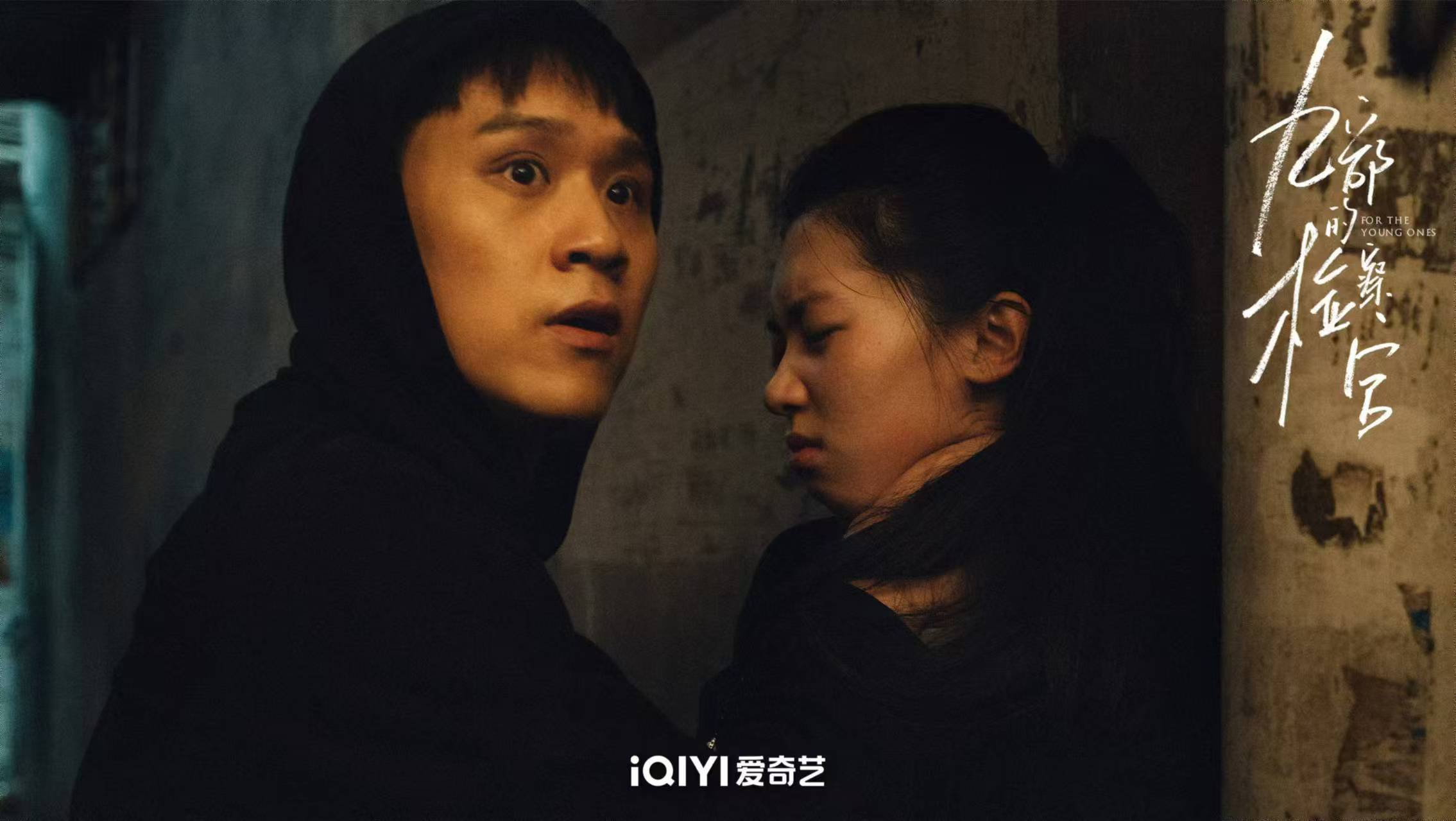
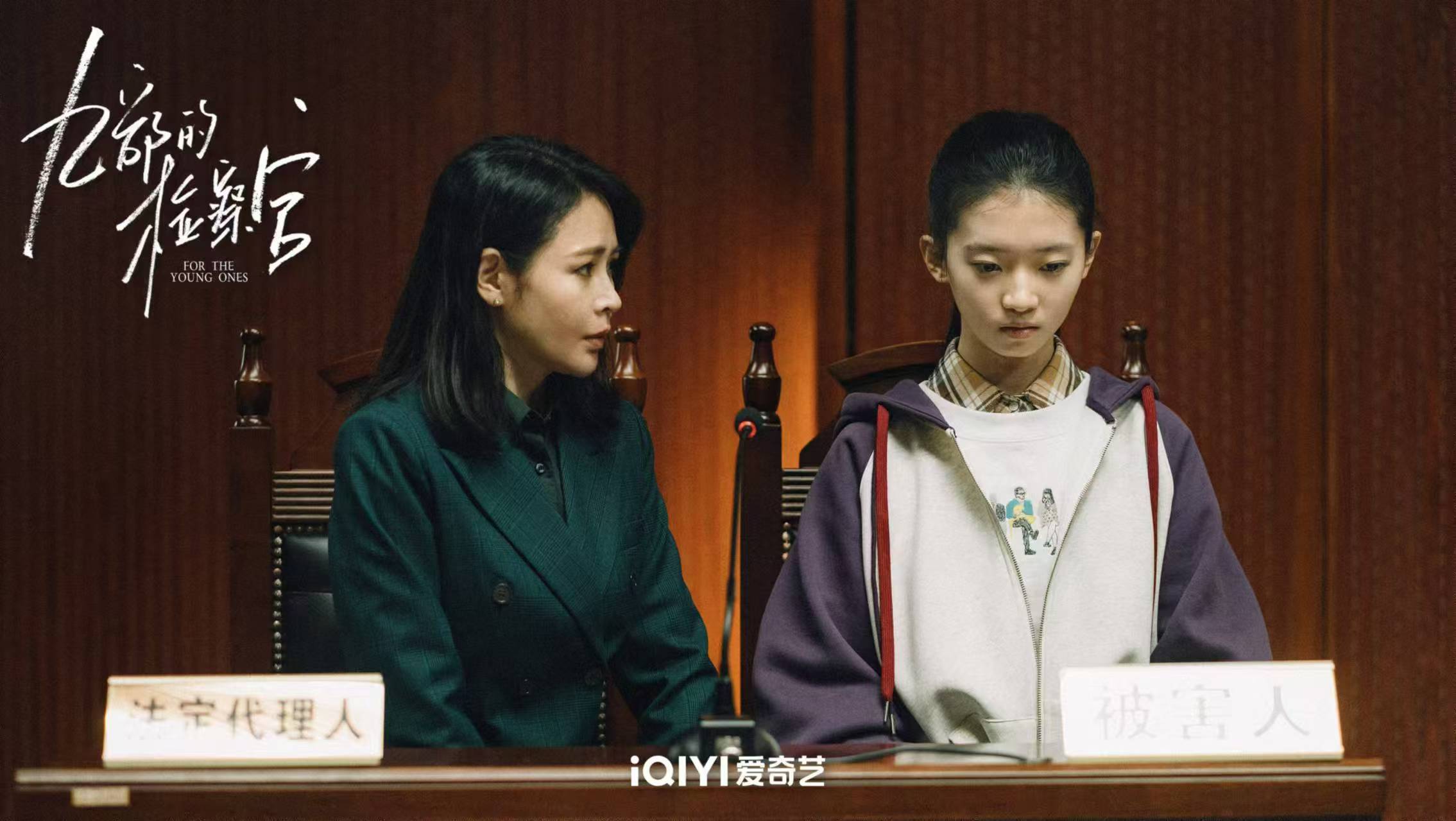
The series focuses on handling juvenile cases
In recent years, we’ve seen shocking cases of juvenile crime splashed across news reports and videos. It’s commendable that film and television are engaging with this topic, addressing how to protect juveniles and prevent crime. However, perhaps due to constraints on content, the cases and handling in the series are too “light”, failing to reflect the differing risks posed by juvenile versus adult offenses, nor do they deeply investigate the underlying causes. Overall, it’s more appropriate to view it as entertaining rather than profound storytelling.


